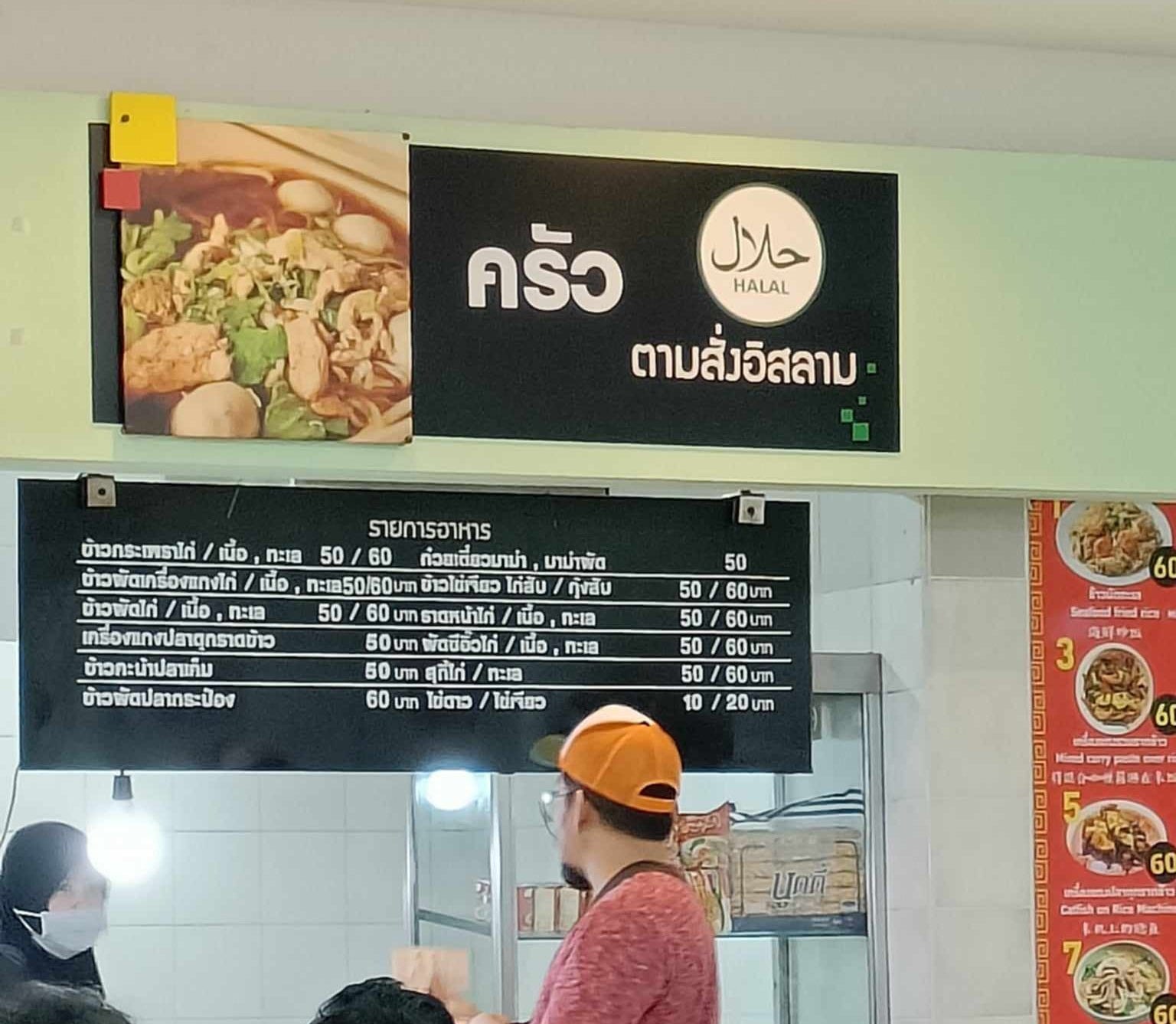Let the market decide who registers for Halal certification

Halal should not be politicised and used as a source for streaming funds into the pockets of ‘Halal gangsters’.
Murray Hunter
Unnecessary regulation festers corruption
Over the last month, a proposal is being mooted that any restaurant that doesn’t serve pork or alcohol must seek Halal certification. There has been lot of resistance to this edict from both Malay and non-Malay business communities.
Avoid loopholes for potential corruption
This is the brainchild of one of the two deputy Director-Generals of The Malaysian Islamic Development Department (JAKIM). Unfortunately, according to sources the motivation behind this proposal is not to extend the influence of Islam over the food and beverage market, but rather a ‘cheap cash gab’. The certification of many hundreds of thousands of restaurants and stalls in Malaysia could run into a couple of hundred million Ringgit. However, the consultancy and certifying industry that will grow up alongside this new edict should it come to fruition, could be as high as RM 400 million per annum.
Imagine how much the gatekeepers of such a program could earn if consultants and certifiers collected 10 to 20 percent as an access fee to this industry. A little mafia inside JAKIM could earn as much as RM 40 million. This is good money if you can get it.
Nobody, except for a few want to see a corrupted domestic Halal certification industry in Malaysia.
Let Market forces work
Traditionally, a proprietor’s reputation guaranteed whether a restaurant was Halal or not. People voted on this with their custom. Any bad stories would immediately drive all the customers away.
Now within big cities, its more difficult to maintain reputation and integrity. A Halal certification has great merit. Simply speaking, if a restaurant is not Halal certified in an area where there are Muslim consumers, that restaurant will miss a percentage of the market.
This is a strong incentive for a restaurant to seek Halal certification.
My experience in Thailand is that most restaurants, if not all, which want to attract Muslim consumers will seek formal Halal certification. Why would this not be any different in Malaysia?

Compulsory Halal certification not necessary in Thailand, most restaurants participate voluntarily.
Not compulsory anywhere else
Halal registration as is being proposed is not mandatory in any other markets that I know of (Please correct me if I am wrong). The best way to promote Halal is to do so in a persuasive manner, not be regulation. Frankly, this proposal is sowing community discord.
Why not, in an effort to steer Halal away from a religious paradigm, why not promote Halal as health for all. Halal should not be politicised and used as a source for streaming funds into the pockets of ‘Halal gangsters’.

